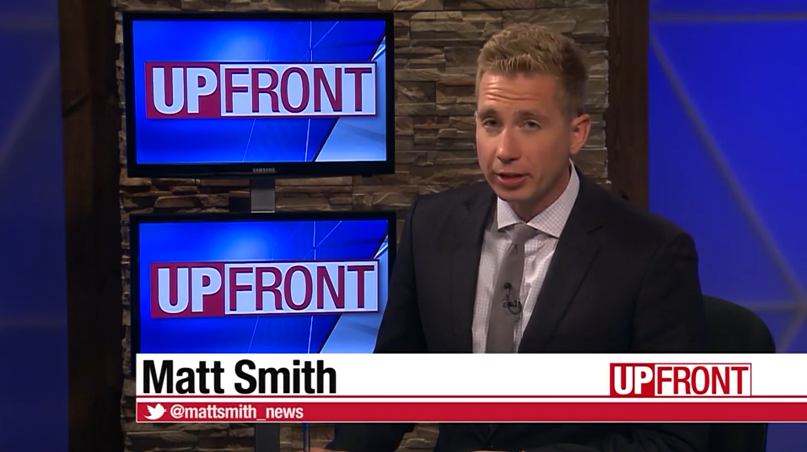Update: Nashville’s Metro Council withdrew two measures from consideration related to hosting the 2024 RNC. Read more here.
Nashville’s Metro Council is set to vote Tuesday on a framework agreement with the Republican National Committee in the city’s bid to host the 2024 Republican National Convention, and one council member says it may not pass.
“I feel tentatively confident that we’re going to b...
Please log in to access subscriber content.
If you don't have a subscription, click here for a WisPolitics free trial and to view the different subscription options.


